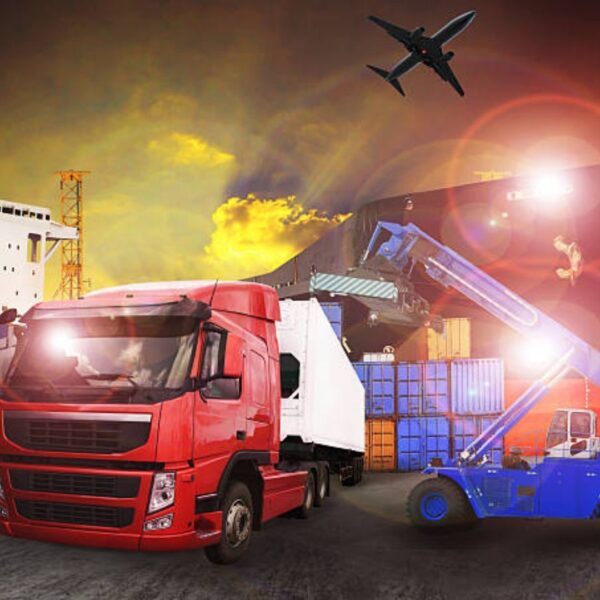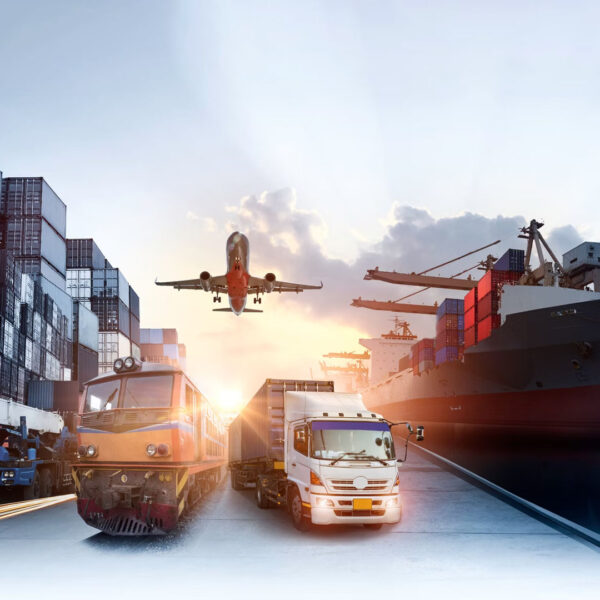Revolutionizing Transport: The Logistics Campaign of the Future
The world of transportation and logistics is on the brink of a revolution that promises to reshape the way we move goods and people. A forward-looking logistics campaign is underway, driven by technology, sustainability, and innovation, with the goal of creating a more efficient, eco-friendly, and interconnected transport system. we explore the logistics campaign of the future and the transformative changes that are making transportation more responsive, cost-effective, and sustainable.
The Rise of Digital Logistics
At the heart of the logistics campaign is the digitization of transportation and supply chain operations. Digital logistics leverages technologies such as Internet of Things (IoT), big data, and artificial intelligence to optimize routes, improve inventory management, and enhance overall efficiency:
Real-Time Tracking: IoT devices and GPS technology enable real-time tracking of vehicles and shipments, providing precise location data and valuable insights for logistics managers.
Data Analytics: Big data and analytics tools process enormous datasets to identify patterns, forecast demand, and streamline operations. This data-driven approach improves decision-making and reduces waste.
Predictive Maintenance: IoT sensors on vehicles and equipment monitor their condition, allowing for predictive maintenance. This means fewer breakdowns and more efficient use of assets.
Sustainability Takes Center Stage
The logistics campaign of the future places a significant emphasis on sustainability. Eco-friendly logistics practices aim to reduce emissions, lower environmental impact, and minimize waste:
Electric and Alternative Fuel Vehicles: Electric and alternative fuel vehicles, including hydrogen and biofuel-powered options, are becoming the norm in logistics, reducing the carbon footprint of transportation.
Smart Routing: Advanced routing algorithms consider factors like traffic, weather, and fuel efficiency to optimize routes, reduce travel time, and lower fuel consumption.
Eco-Friendly Packaging: Sustainable packaging materials and designs are gaining prominence, leading to reduced waste and lower shipping costs.
Efficiency Through Automation
Automation plays a vital role in the logistics campaign of the future, from warehouses to delivery systems:
Robotic Warehouses: Automated warehouses equipped with robots for storage, retrieval, and packaging improve efficiency, reduce labor costs, and minimize errors.
Drones and Autonomous Vehicles: Drones and autonomous vehicles are taking on last-mile delivery tasks, ensuring speedy and accurate transportation.
Blockchain Technology: Blockchain’s transparency and traceability are enhancing supply chain management, reducing fraud, and increasing trust in logistics operations.
Logistics Networks and Collaboration
Collaborative logistics networks are becoming increasingly prevalent. These networks connect various stakeholders, including manufacturers, shippers, carriers, and retailers, to create an integrated approach to transportation:
Sharing Resources: Collaborative networks allow for the sharing of transportation assets, such as trailers and containers, optimizing asset utilization.
Cross-Docking: Cross-docking facilities streamline logistics operations by reducing storage time and enabling quicker transfers of goods from one mode of transportation to another.
Collaborative Planning: Shared logistics networks encourage collaborative planning and problem-solving, leading to more efficient operations and reduced costs.
Challenges and Considerations
The logistics campaign of the future faces several challenges and considerations:
Data Security: The extensive use of digital technologies introduces new cybersecurity concerns. Protecting sensitive data and ensuring secure operations are paramount.
Regulatory Frameworks: The logistics industry must adapt to a rapidly evolving regulatory landscape. This includes addressing safety regulations for autonomous vehicles and environmental standards for sustainable practices.
Infrastructure Investment: The development of smart roads, efficient intermodal hubs, and other infrastructure is essential to support the logistics campaign. It requires substantial investments and careful planning.
Workforce Transition: Automation and digitalization may lead to workforce changes. Training and reskilling of workers are essential to ensure a smooth transition to the logistics of the future.
The Road Ahead: A New Era of Logistics
The logistics campaign of the future is driving us towards a transportation and supply chain ecosystem that is smarter, greener, and more efficient. As technology continues to evolve and sustainability remains a central focus, the logistics industry will experience profound changes that benefit businesses and consumers alike.
In this new era of logistics, the efficient movement of goods and people is not just a goal; it’s a reality. With the application of advanced technologies, sustainable practices, and collaborative networks, the logistics campaign of the future is steering us towards a transportation landscape that is more responsive to our needs, more respectful of our environment, and more interconnected than ever before.









